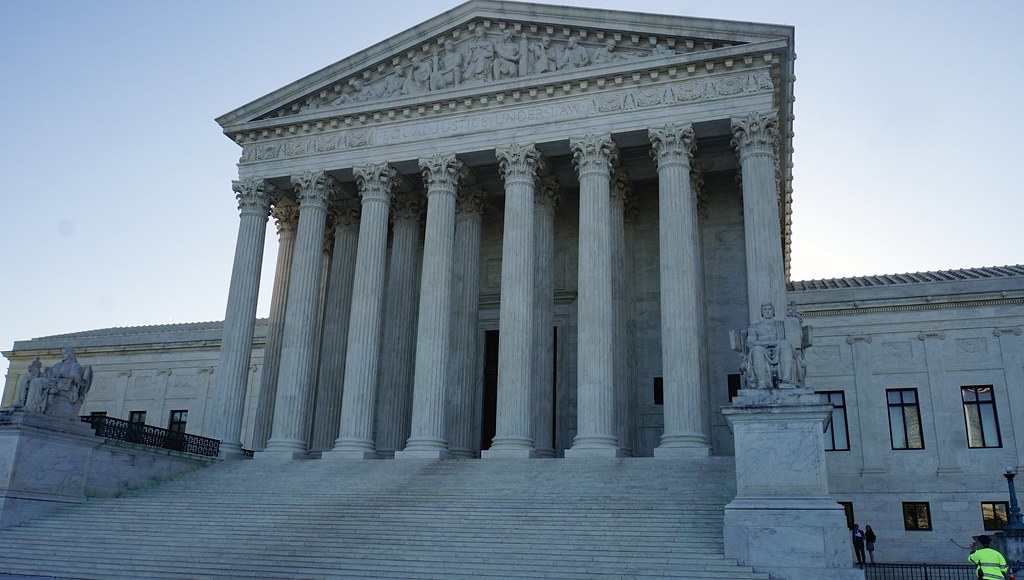Democrats in Texas hoped to turn Texas blue through mail-in balloting voter fraud, but the Supreme Court ruled against them.
It requires four justices to vote to accept a case, therefore at least on liberal on the court must have not voted for the fast-tracking of the process.
The court could eventually hear the case but not in time for this year’s election. The court had previously ruled that DTMNBN (Disease That Must Not Be Named) is not sufficient to allow mail-in balloting. That means that only the elderly and the disabled can vote by mail.
There hasn’t been a case of mail-in voter fraud in this country in at least six weeks and none in Texas since 2018 when 9 people were arrested in an elaborate mail-in voter fraud scheme.
In Paterson, NJ it was discovered that 19% of all votes were fraudulent. Had it not been caught, three election results would have occurred.
Attorney General Ken Paxton said:
“Universal mail-in ballots, which are notoriously vulnerable to fraud, would only lead to greater election fraud and disenfranchise lawful voters. State election officials have many options available to safely and securely hold elections without risking widespread fraud.”
In May, the Supreme Court ruled that “a voter’s lack of immunity to (Disease That Must Not Be Named)” is not a physical disability that qualifies people to vote by mail. The decision by the Supreme Court this week means the state’s current regulations for the upcoming July 14 primary runoff election will remain in place.
The ruling comes just a week after the Supreme Court also declined to immediately reinstate a federal judge’s order that would immediately expand voting by mail to all Texas voters during the coronavirus pandemic.
A spokesperson for the Texas Democratic Party, Abhi Rahman, said the party will “continue to fight tooth and nail for everybody’s right to vote,” and that “all Texans should have clarity on how they can cast their ballot in the November elections.”










